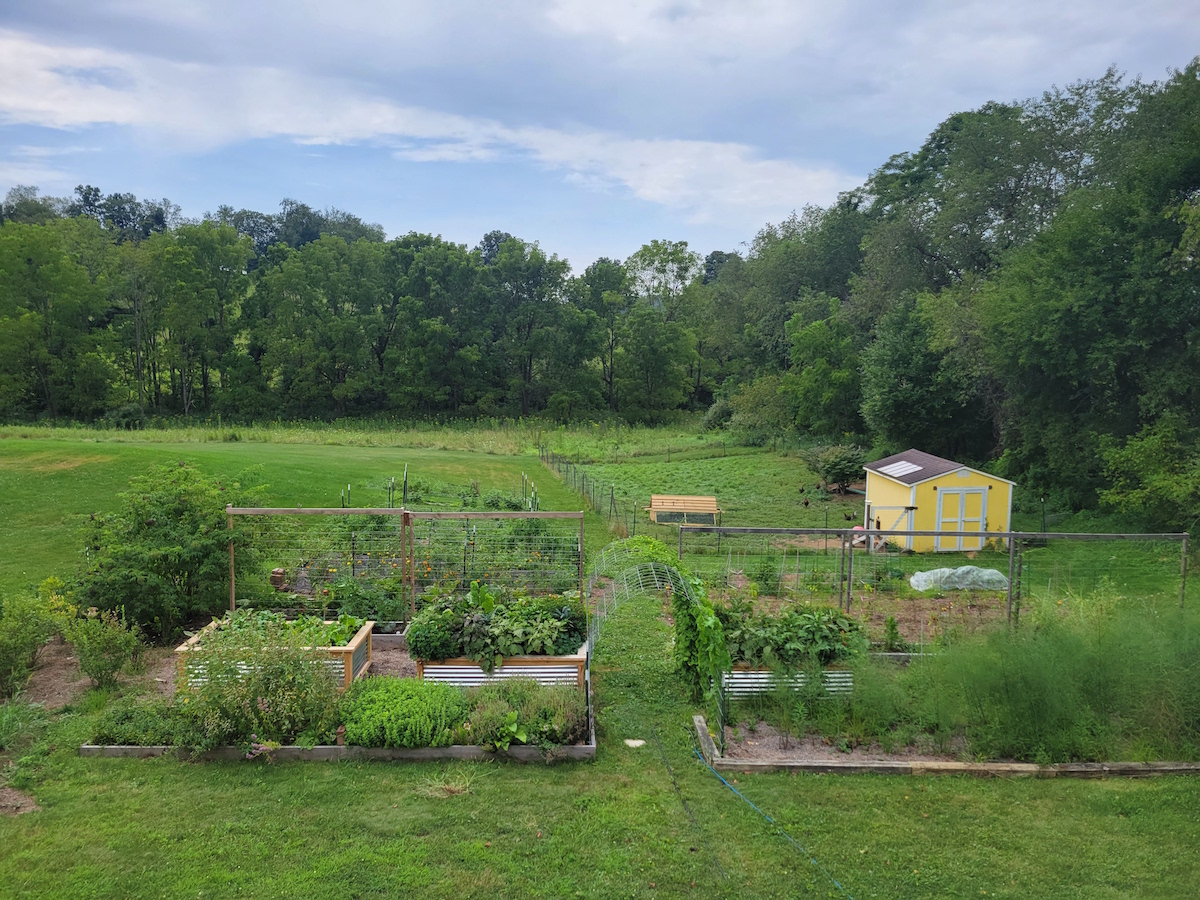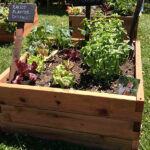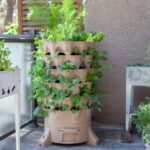Creating a rain garden design on a 15 acre homestead is a brilliant way to enhance the natural beauty of your land while promoting environmental sustainability. This comprehensive guide will walk you through the essentials of establishing a flourishing rain garden that not only beautifies your property but also contributes to the health of the local ecosystem.

Understanding Rain Gardens
Before diving into the design elements, it’s crucial to understand what a rain garden is. Simply put, a rain garden is a shallow, landscaped depression that captures and filters rainwater runoff from roofs, driveways, and other impervious surfaces. By absorbing and filtering runoff, rain gardens help reduce erosion, pollution, and flooding.
Benefits of a Rain Garden on Your Homestead
Environmental Impact
Rain gardens are beneficial for the environment in numerous ways. They reduce the strain on local water systems by absorbing excess rainwater, preventing it from overwhelming storm drains. Additionally, they filter pollutants from runoff, improving the quality of water that eventually reaches natural water bodies.
Aesthetic and Biodiversity Enhancement
Beyond environmental advantages, rain gardens add aesthetic value to your homestead. They can be designed with a variety of native plants, attracting wildlife such as birds and butterflies, which enhances biodiversity. This creates a vibrant, living landscape that enriches the experience of living on a 15 acre homestead.
Planning Your Rain Garden
Site Selection
Selecting the right site is crucial for a successful rain garden. Ideally, choose a location that naturally collects water or is downhill from water runoff sources. Avoid areas with standing water, as these might indicate poor drainage.
Soil Testing and Amendments
Testing your soil is essential to ensure good drainage, which is critical for the health of your rain garden. If the soil is too clay-heavy, consider amending it with sand and compost to improve permeability.
Designing the Rain Garden
Size and Shape
The size of your rain garden will depend on the amount of runoff you need to manage. A general rule of thumb is to make the garden about 20% of the size of the area contributing runoff.
Plant Selection
Choose native plants that thrive in both wet and dry conditions. Native plants are adapted to the local climate and soil, making them easier to maintain while supporting local wildlife.
Implementing the Design
Excavation and Grading
Begin by excavating the area to the desired depth, typically between 4 to 8 inches. Ensure the bottom of the garden is level to promote even water distribution.
Planting and Mulching
Once the excavation is complete, plant your selected species according to your design plan. Apply a layer of mulch to help retain moisture and suppress weeds.
Maintenance of Your Rain Garden
Regular Monitoring
Monitor your rain garden regularly, especially after heavy rains, to ensure it drains within 24 hours. This helps prevent mosquito breeding and plant root damage.
Seasonal Care
Adjust plant care seasonally, pruning dead growth in the fall and adding mulch as needed. This maintains the health and appearance of your garden.
Integrating with the Homestead
Linking Elements
Incorporate paths and seating areas to integrate the rain garden with other parts of your homestead, creating a cohesive landscape design.
For more on incorporating sustainable practices into your homestead, consider exploring integrated pest management and mulching techniques for your 15 acre homestead.
Conclusion
Designing and implementing a rain garden on a 15 acre homestead is a rewarding project that offers substantial benefits. From enhancing your property’s aesthetic appeal to promoting environmental health, a well-planned rain garden is a testament to sustainable living. Engage with this creative and practical approach to landscaping and enjoy the multifaceted benefits it brings to your homestead.

FAQs
What is the ideal size for a rain garden on a 15 acre homestead?
The size of a rain garden should be about 20% of the area from which it receives runoff. Consider the specific runoff areas on your property to determine the optimal size.
How do I choose plants for my rain garden?
Select native plants that can tolerate both wet and dry conditions, ensuring they are suited to your local climate and soil.
What maintenance does a rain garden require?
Regular monitoring, seasonal care, and occasional maintenance like mulching and pruning are necessary to keep your rain garden healthy and efficient.






